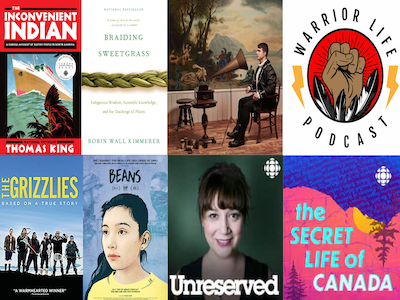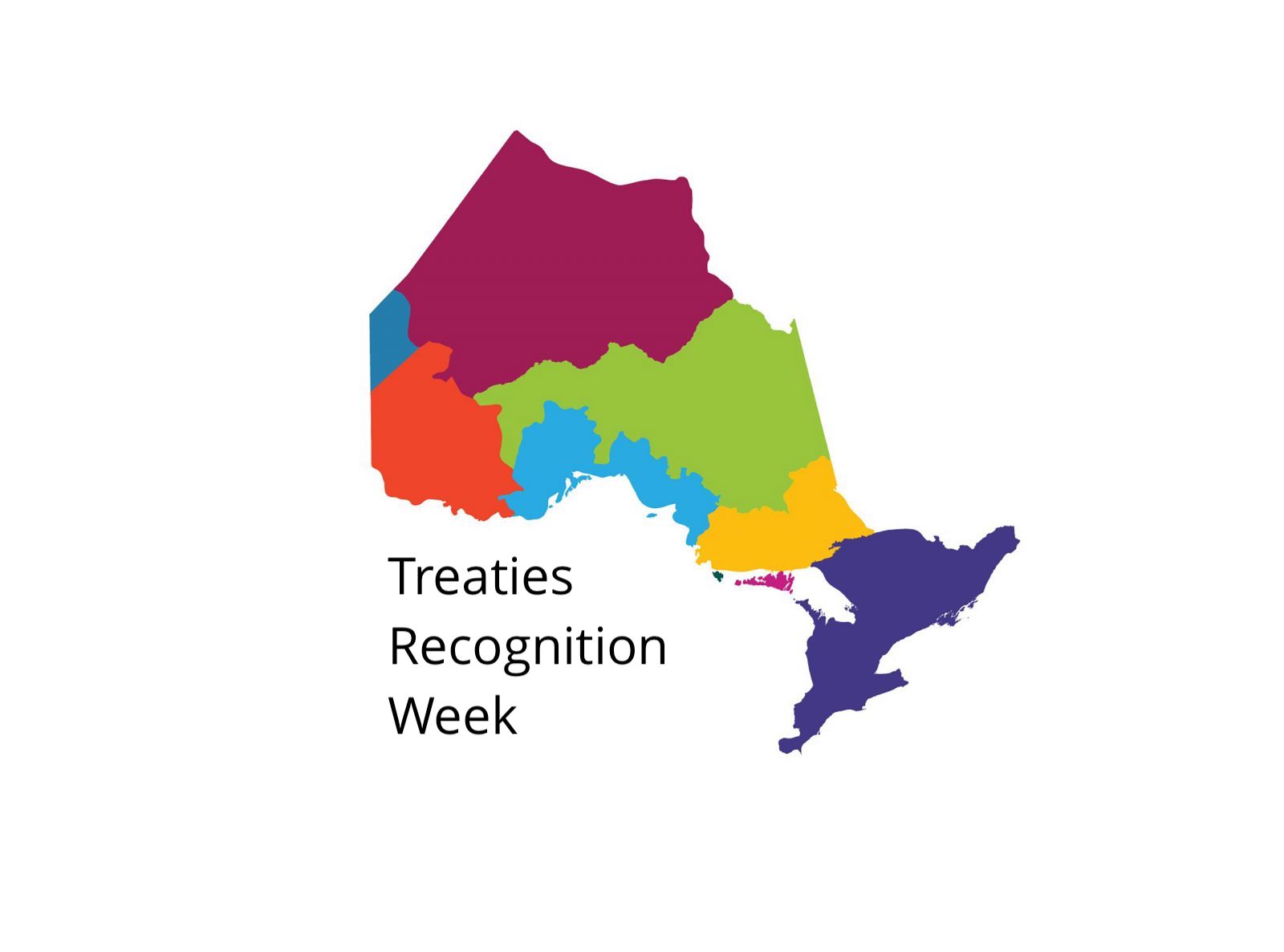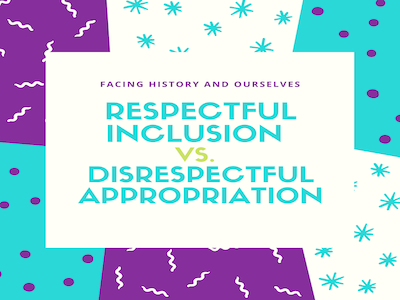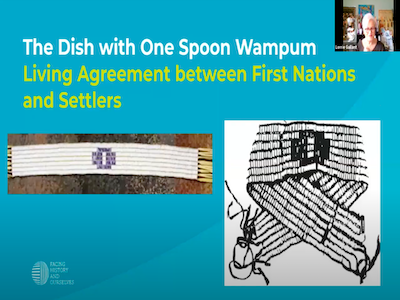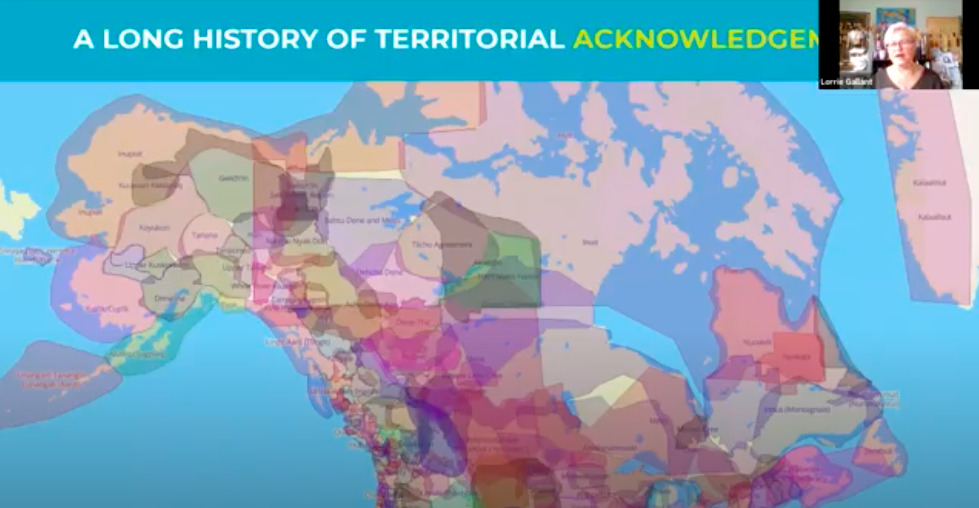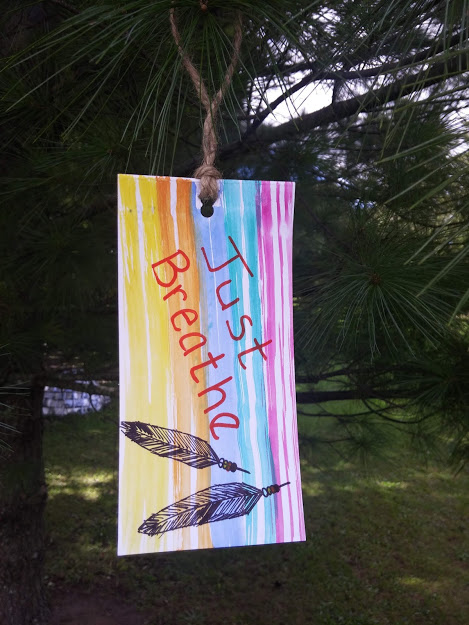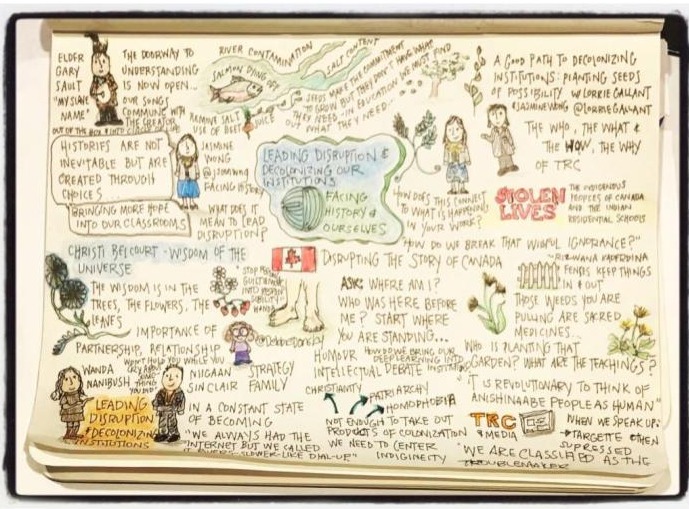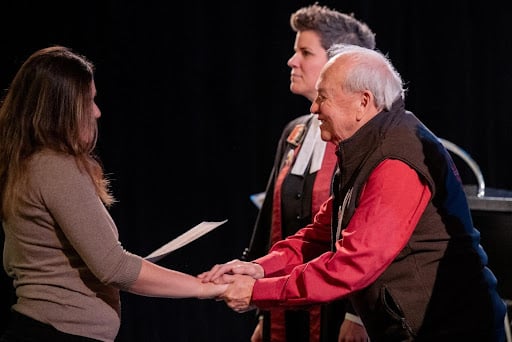
"As Rabbi Jonathan Sacks has written, there is a difference between history and memory: “History is information. Memory, by contrast, is part of identity… Memory is the past as present, as it lives on in me.” Survivors, witnesses, the descendants of those who lived through [histories], and all those who learn about [these histories] today face the question of how to remember the past and how that memory might shape our understanding of ourselves and our present world" (Holocaust and Human Behavior, Facing History and Ourselves, 2017. p. 598).
In his testimony sharing,teaching and life, residential school survivor, and self-described victor, Theodore Fontaine frequently explored how memory lives on in the present: His family’s love, the horrors of residential schooling, the joys of friendship, and the healing power of connection shaped and reshaped his life, his teachings and his works. In so sharing, those who listened became witnesses to his experiences, and many were transformed as a result.
The following interviews build on our event, Learning from Theodore Fontaine: A Call for Lasting Change, and draw on the voices of additional friends and colleagues whose life and work act as living examples of Theodore’s teachings, his legacy and calls to action. We hope that these interviews will prompt deeper learning from Theodore and inspire readers to consider how his testimony and legacies might shape our understanding of ourselves and the choices we make.
To watch his recorded testimony, please check out our blog, Honouring and Remembering Chief Theodore Niizhotay Fontaine.
As you read these interviews:
- What insights do you gain about Theodore’s legacy and his hopes for the future?
- What questions do the interview responses raise for you about yourself or the world around you?
- How do the responses extend or challenge your thinking about the possibilities for living with trauma, hope and healing?
- How are you reflecting on the possibilities for healing, hope and courage after trauma, as you read these reflections?
For Ted, real reconciliation came through everyday acts of generosity and kindness. Our breakfast meetings were often punctuated by Ted recognizing passers-by and stopping them for a quick hello and always a joke... He connected, related, and celebrated their shared existence, and thereby cultivated knowledge and nurtured learning..."
- Andrew Woolford
|
Read More
Topics:
Survivor Testimony,
Canada,
Residential Schools,
Canadian History,
Indigenous History,
Indigenous,
stolen lives,
student activism,
Action
June is Indigenous History Month but it is my hope that we are always aware of the Indigenous people around us. Some of us may not share the same experiences in life, but whether you are Canadian or Indigenous or both, we have a shared history, from different perspectives.
Read More
Topics:
Teaching Resources,
Indigenous History,
Indigenous,
Indigenous Peoples' Day,
Indigenous Awareness Month,
Indigenous History Month
We are all treaty people, and it is important that we understand the role and significance of treaties and our responsibility to these important agreements. Across Canada, treaty days offer opportunities for celebration, teaching and improving our understanding of treaties. In Ontario, this takes place during the week of November 1-5.
In preparation for this week, we have worked with educator Andrew McConnell (Anishinaabe/English, member of Nipissing First Nation) to publish a list of resources to support you with your learning and planning.
Read More
Topics:
Canada,
Indigenous History,
Indigenous,
Treaty,
Decolonizing Schools,
Treaties Recognition Week
June was Indigenous History Month. Throughout the entire year, we recognize how important it is to be striving towards meaningful inclusion of Indigenous histories, knowledges, ways of being and contributions.
Read More
Topics:
Teaching Resources,
Indigenous History,
Culturally Responsive and Relevant Pedagogy,
Indigenous
This video is the first part in a four part webinar series featuring Jasmine Wong in conversation with Lorrie Gallant.
This series of blog posts explores stories and teachings that Lorrie Gallant shares about the purpose and importance of territorial acknowledgments and treaties. They are based on a recorded webinar from March 18 2020. Lorrie is a writer, illustrator, storyteller, visual artist, educator, Expressive Arts Practitioner, born and raised on Six Nations of the Grand River Territory in Ontario.
These posts and activities have been written for students to explore as part of a virtual learning community.
Read More
Topics:
Identity,
History,
Canadian History,
Indigenous History,
Indigenous,
Grade 10 History,
stolen lives,
Facing Canada,
land acknowledgements,
territorial acknowledgement
If you have ever travelled to Brantford Ontario Canada, you might have been excited to visit the home of Alexander Graham Bell to learn about the invention of the telephone. You might have come for a hockey tournament and had the privilege of meeting Hockey Legend Wayne Gretzky’s father Walter, who loves hanging out at the rinks. You may have picked up brochures with beautiful pictures of the Grand River or did research about Joseph Brant, who was the negotiator between the Mohawk and British during the American Revolution. But you might not know that Brantford is the home of the first residential school in Canada; that the building still stands with the names of children carved into the bricks and that it is one of the few residential school buildings still standing in Canada.
Read More
Topics:
Art,
Survivor Testimony,
Residential Schools,
Indigenous History,
Culturally Responsive and Relevant Pedagogy,
Indigenous,
Lesson Ideas,
Facing Canada,
Creative,
Woodland Cultural Centre
A Response to: Leading Disruption & Decolonizing Our Institutions: Facing History & Ourselves
Read More
Topics:
Truth and Reconciliation,
Indigenous History,
Culturally Responsive and Relevant Pedagogy,
Indigenous,
difficult conversations,
trc,
stolen lives,
settler eucators,
Treaty,
Sacred Circle Teachings,
Decolonizing Schools,
Facing Canada
A Mindful Classroom: Establishing A Safe Space for Sensitive Topics
Many of us have seen the importance of mindfulness in our classrooms and personal lives. Being present and aware are integral to truly absorbing what is around you. How mindful are we of exactly what is around us in the classroom? The physical space we build for our students is often an afterthought to efficiency and more intangible metrics of behaviour and dynamics. This year, I made it my goal to be mindful of the materials within my classroom and how well they represent the values I hope we exercise within these walls.
Read More
Topics:
Art,
Student Work,
Indigenous History,
Social and Emotional Learning,
Middle School,
Culturally Responsive and Relevant Pedagogy,
facing history pedagogy,
Treaty,
Facing Canada,
cross curricular teaching and learning
When I moved away from being a classroom teacher to the role of Instructional Coach I knew my passion was in equity work. In Peel we have a five year School Success Plan with one branch of focus dedicated to equity and inclusion. Within the equity and inclusion branch of the plan there are four communities identified as a focus for teachers to gain additional knowledge about in order to better teach and support those students to learn and be successful in Peel schools. The four groups are: students who identify as a part of the LGBTQ+ community, First Nation, Metis and Inuit students, black male students, (this year the focus shifted to all black students) and students living in poverty.
Read More
Topics:
Teaching Strategies,
Teaching Resources,
Teachers,
Indigenous History,
Book,
difficult conversations,
stolen lives,
settler educators,
Black History,
Equity in Education,
Poverty


